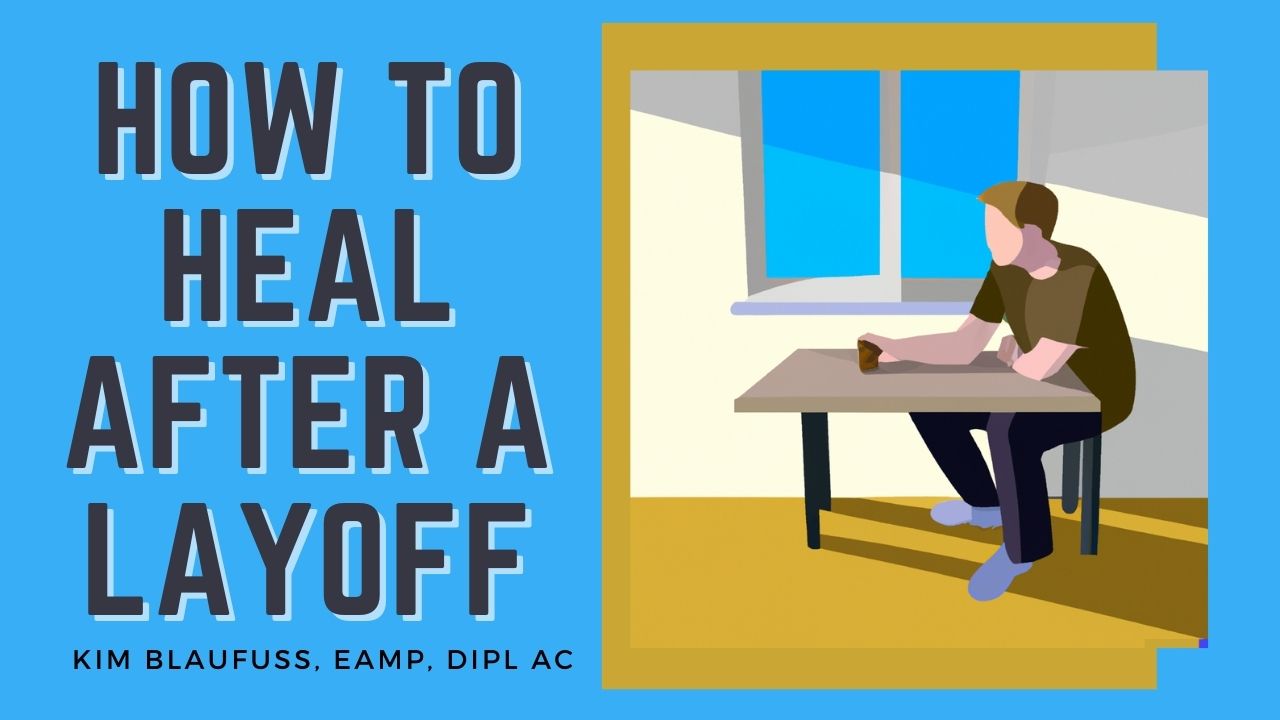There have been so many tech layoffs in the last six to twelve months. There is a lot that goes into a tech layoff besides trying to shore up the P&L for Wall Street. Layoffs wreak havoc on everyones’ emotional stability.
Tech Layoff Insider
I started working in Corporate Finance, and I remember my first exposure to layoffs and working through the “financial” numbers. I was helping create layoff schedules, running different P&Ls, and adjusting for what-if analysis.
 I remember how uncomfortable the whole process made me. I remember working with my team and how differently they seemed to view what they were doing. How important they felt to be on the inside looking out. They were very important people. And everyone else? Well, they were a number on the P&L. I realized I was not the person my team needed me to be. I realized that I might never grow up enough to be that person.
I remember how uncomfortable the whole process made me. I remember working with my team and how differently they seemed to view what they were doing. How important they felt to be on the inside looking out. They were very important people. And everyone else? Well, they were a number on the P&L. I realized I was not the person my team needed me to be. I realized that I might never grow up enough to be that person.
The Impact of Layoffs
But what I remember more than that was the devastation and shock a layoff drags into your life. Layoffs always come unexpectedly, except for the inside team creating the lists and reviewing the P&L. The laid-off individuals are tossed into the ocean of financial instability. For those employees remaining and those who were terminated, the workplace has changed. It has become insecure and uncertain.
And then there is the loss of identity. Many individuals define themselves by their work and career. Nowhere is this more obvious than a simple night on the town and meeting new people. The question always comes up, “What do you do for living?” But the question really is, “Who are you?” “Are you worthy of my attention?” “Do you have any value?”
 So, I learned that layoffs have profound and lasting impacts on people and their professional life. I learned layoffs were emotional and difficult. And in the ’90s, I learned that layoffs were a tool to boost bottom lines and increase bonus and incentive payouts. And where money flows, people follow. So, then layoffs became common.
So, I learned that layoffs have profound and lasting impacts on people and their professional life. I learned layoffs were emotional and difficult. And in the ’90s, I learned that layoffs were a tool to boost bottom lines and increase bonus and incentive payouts. And where money flows, people follow. So, then layoffs became common.
Employment for Life
Yet, it wasn’t so long ago when employment for life was expected. After the great depression and through the ’80s, U.S. corporations experienced growth and stability. You found a good company, kept your head down, and you could expect employment for life. And then things changed.
I remember one of my first Fortune 500 jobs. It was the “Team Building” era of the ’90s. Team Building was the response to the Merger and Acquisition (M&A) hype that dominated the ’90s. Instead of having one job, now you were encouraged to work as a “team” and pick up missed responsibilities because the layoffs eliminated a lot of necessary people.
There was a lot of money to be made for the firms, management teams, and stockholders involved in these mergers. For the employees, there were layoffs, longer working hours, broken relationships, the instability of the working environment, and financial stress.
So, in the early ’90s, I found myself employed in a corporation that had done multiple layoffs over three years. The instability was wreaking havoc on my emotional stability. I had found another job and was leaving.
Yet, I remember talking with one of my Dad’s friends. He was retired and still did financial business consulting on the side. I told him I was leaving the company. He didn’t understand. I was one of the lucky ones chosen to work at a Fortune 500 company. That was the goal in his lifetime. And when you finally attained that goal, you stayed there for life.
It was a weird conversation. I made a few feeble attempts to explain how that world no longer existed. He exhibited the generous compassion of an old lion, no longer able to lead the pride but understanding nonetheless. To this day, I remember that conversation and how it was just a generation away when you could trust employment for life.
Corporate Culture – The Family
I was reading a great article on LinkedIn where they were chastising the large tech companies who had promoted their Corporate Culture as a family instead of a financial transaction. Mislabeling the truth of the relationship created something more severe, betrayal. The layoffs came as a surprise and proved they were not a family. The company was only a financial transaction wearing a costume of family.
 And then I think of that concept of family. It wasn’t just any family these Corporations were emulating. They imitated the best family, the “Leave It to Beaver” family, where there was wealth, openness, growth, and trust. It wasn’t the family that most of us grew up in. It was a fantasy family.
And then I think of that concept of family. It wasn’t just any family these Corporations were emulating. They imitated the best family, the “Leave It to Beaver” family, where there was wealth, openness, growth, and trust. It wasn’t the family that most of us grew up in. It was a fantasy family.
I have another story about my Dad’s generation, the generation that was just one generation away from me. That generation grew up in the ’40s and ’50s. The US was still a rural economy with 50% of the population living in rural areas. Today, less that 20% of the population lives in rural areas.
Yet, in farming communities, poverty could make it challenging to feed your children. As young as 14 years old, sending your child to live with another family as a laborer for their food and room was accepted. I knew one of the last women who experienced this in her lifetime. I didn’t even know that was a thing until she told me.
Well, the “send your child away to work for their food” wasn’t the family culture these large tech companies were promoting. If it were, these layoffs wouldn’t be the betrayal many workers currently feel. And if these firms had not promoted this “Circle of Trust,” they probably would not have made the huge advances they have because that type of brilliance takes complete loyalty.
The Opportunity from a Tech Layoff
So, there we have it. An experience. A financial transaction with an unpleasant result. And it’s these experiences that define you and will dominate your future actions. You have to determine how you are going to incorporate this experience into your psyche.
What will be the most valuable lesson you’ll take away from this? That is going to be the most critical question you can answer because, in another twenty years, you will be at the helm of these companies driving their bottom line, identity, and what they create in the world.
I grew up in a world dominated by M&A culture. Dominated by crushing companies and individuals to move wealth to the “Circle of Trust.” The M&A experience was a brand new experience. It hadn’t existed before that time. It came in so fast and so hard that no one had time to ask questions about it. Technically, then and now, fleecing a company wasn’t illegal.
And as the employees who took the brunt of the layoffs grew up and got into different positions throughout the economy, they delivered their message that there is never enough, and they never wanted to be on the outside. Like crazy hoarders, they incessantly reached for more and more wealth.
That crazy M&A culture created something very different than the great depression. Two different situations of adversity and hardship. One which ended in people coming together to help pull everyone out of the chaos. The other has never experienced any breaks and continues to create chaos and financial instability across 99% of the population.
So, I’m saying the future is up to you. You have to decide what you will learn from this situation and how you will respond in the future because you will be the leader of tomorrow. You either rise above or trap yourself in trauma.
By coming face to face with what layoffs really deliver from a people, financial, and environmental perspective, you have a chance to learn from this experience. You can learn about how this fits into your value system. You can question what you find useful and not so useful in these layoffs. You can ask the challenging question, “Why.”
These are questions that my generation wasn’t able to address. We just got caught in the damage of M&A culture. It created a trauma point in our collective psyche that we haven’t been able to clear. Yet, what I do find is that many of us can talk about it now so that you can find in us the thought leaders that we couldn’t find in our time.
Kim is a practicing Taoist using the wisdom of the Tao to open an authentic dialogue between her life and the lives of those around her. She works at making a change in the world one heart at a time. Using her training Classical Taoist Acupuncture, she is able to aid in transformational emotional healing with her clients. You can schedule time with Kim here.


